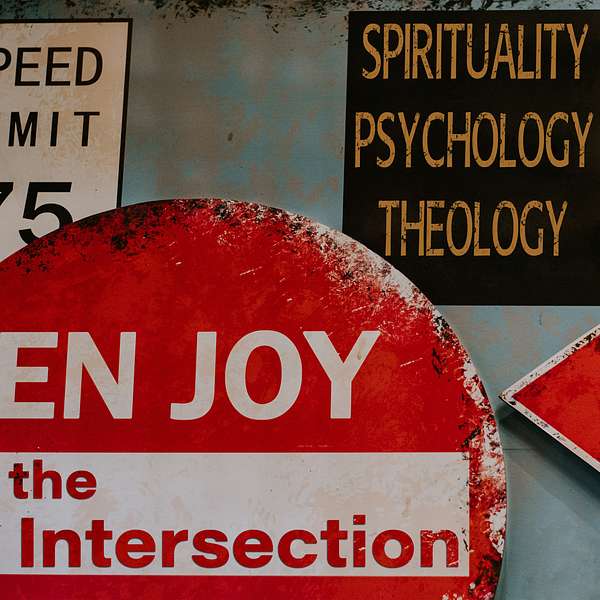
The Intersection of Spirituality, Psychology and Theology
The Intersection of Spirituality, Psychology and Theology
The Trauma Informed Church
What would Jesus say and do for someone struggling with a mental health problem?
We need the Holy Spirit to understand the Bible, and people, always pray before helping people in crisis. Death and Life are in the power of the tongue, and those who love it will eat its fruits. (Proverbs 18:21 ESV) We have the power to hurt and help depending on how we approach people in crisis.
•1 in 5 people will experience a mental health problem at any given time.
•60% of mental health problems go untreated.
•The Church is often the first-place people will go to get help.
•Therefore, we need to be trauma and mental health informed.
•The historic trend has been that mental health problems are ignored or thought to be a spiritual problem. (Lack of faith, forgiveness) or (Sin)
•Some mental health problems are related to sin, faith, or forgiveness but many are not, and we can steer people away from the truth and solution.
•The ultimate consequence is a person leaving the church with shame or wrong information.
•The adversary can and does utilize deception temptation, accusation and illness to oppress us which tends to create fear, anxiety and depression in us. These detriments are all part of the fall of humanity. (Sin nature, disease and death)
•Trials and hardship sometimes leads to a questioning of faith or theodicy, which blames God for bad things happening in life.
•Some Christians have been unchallenged in their faith which lends itself well to being uncomfortable with hearing about other people's faith challenges.
Relationships have the power to hurt or heal! As God has communicated to us the Church is the emergency and recovery rooms for those who are suffering.
Let's all strive to respond to crisis as Jesus Christ would: with compassion, first and foremost.